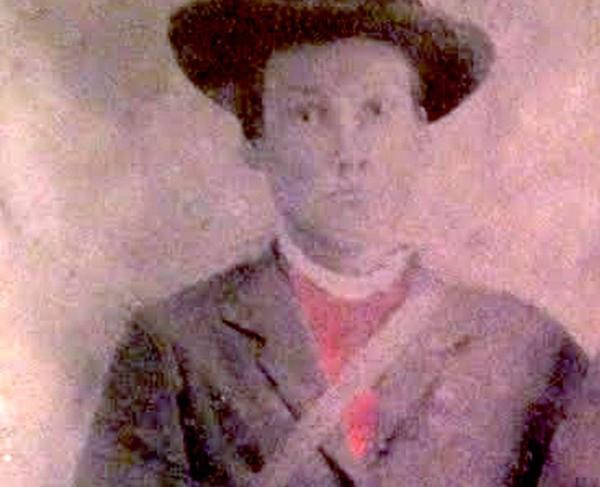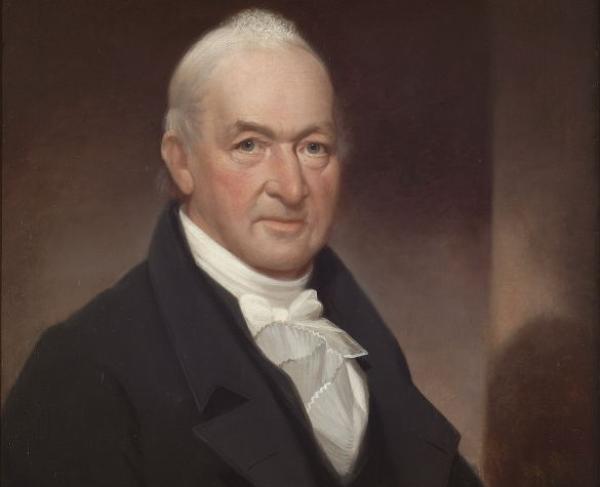Sam Davis

Born on October 6, 1842, Samuel Davis grew up on his family’s farm near Smyna, Tennessee, about twenty miles southeast of Nashville. When he was nineteen, Davis went to Western Military Institute at Nashville. At the outbreak of the Civil War, he enlisted with the “Rutherford Rifles” early in 1861 and then mustered into the First Tennessee Infantry (Confederate). The unit saw action in the mountainous regions of western Virginia. After his initial enlistment period, Davis returned home.
One of Davis’s former teachers had formed a cavalry company called “Coleman’s Scouts,” and in autumn 1862, he joined them. The Scouts moved around south-central Tennessee, collecting information about troops and logistics around Nashville, Franklin, Murfreesboro, and Columbia. The members typically wore Confederate uniforms and rarely operated using disguises, but Union troops were aware of their activities and considered them spies. By autumn 1863, Union General Grenville Dodge ordered his soldiers to destroy the Scouts.
At that same time, Davis and five other Scouts hovered around Dodge’s division as they moved through central Tennessee and collected information. Davis was near Pulaski, Tennessee, when he accepted a letter for an officer in the Confederate Army of Tennessee and newspapers for his unit’s captain. Carrying the papers, he acted as a messenger. The following day—November 20, 1863—Union soldiers captured Davis and took him to General Dodge. The Union officers charged Davis with spying and carrying mail to rebels. Davis accepted the guilty charge for carrying papers but pleaded not guilty to espionage. However, the court-martial decided he was guilty on both charges and passed sentence: hanging.
Hanging suspected or charged spies was not abnormal, especially in middle Tennessee. Union troops in that area had a shaky grip on controlling the region and tended to make quick examples of spies that they caught with few trials or execution ceremonies. Perhaps General Dodge tried to make Davis an example. The general did offer him freedom if Davis would share the name of his contact who had given him the papers. Davis refused, and he was hanged on November 27, 1863. His parents claimed his body and buried him on their farm in the family cemetery.


